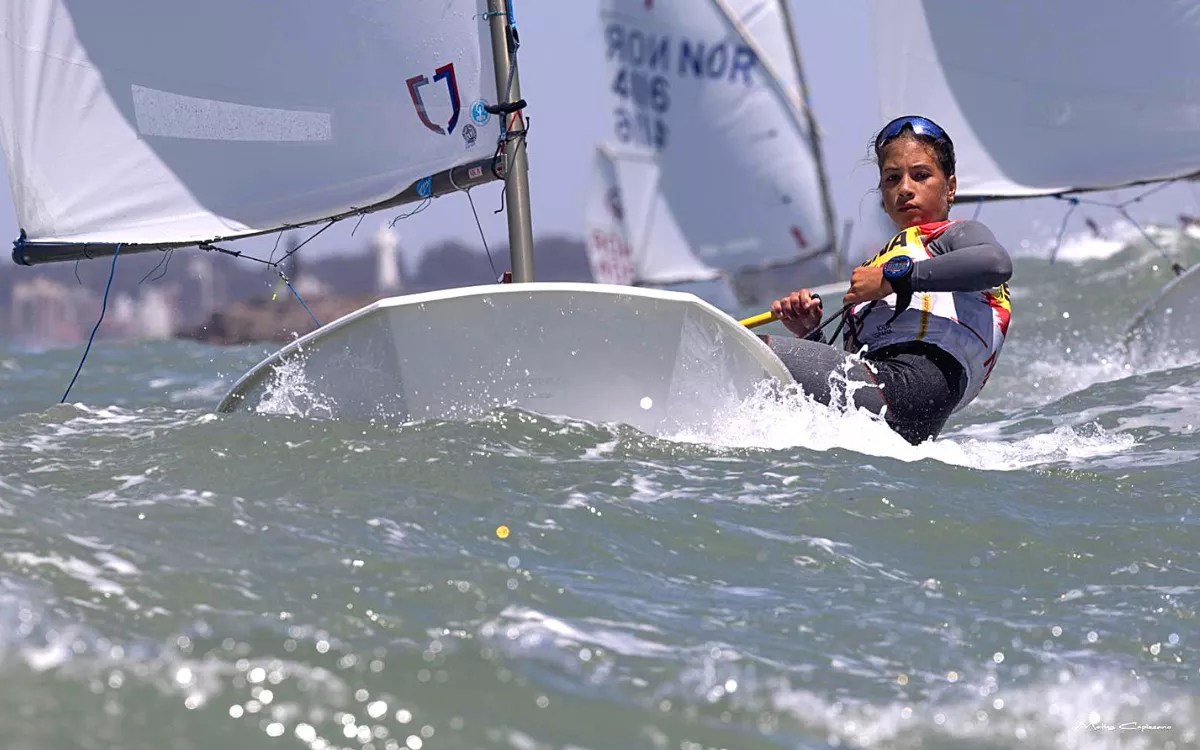
SANTA CRUZ DE TENERIFE 3 Oct. (EUROPA PRESS) –
The Vice President and Tourism Advisor of the Cabildo, Lope Afonso, alongside the CEO of Tenerife Tourism, Dimple Melwani, presented to around five hundred attendees at the IV Turespaña Convention on Thursday, the essential elements that establish the island’s position as a leading technological tourist destination, through the initiatives outlined in the strategic map known as Tenerife Smart Destination (TSD).
This framework establishes the groundwork for transforming the island by 2030, aiming to cultivate a smart tourism model that will position Tenerife as a key hub for tourism innovation, thus providing a unique competitive edge over other destinations.
Lope Afonso highlighted some significant achievements in digitalisation and sustainability that the island has realised in recent years, such as obtaining the Smart Tourist Destination (DTI) certifications and the Biosphere certification, which signals the commitment of tourism on the island to social, environmental, cultural, and economic sustainability aligned with the 17 Sustainable Development Goals set by the United Nations.
“We have transitioned from conventional approaches to cutting-edge solutions, leading this transformation process. We have evolved from DTI to designing a comprehensive tourism intelligence system, establishing a cybersecurity office, and creating a blockchain platform to integrate everything related to data management, experiences, and exchanges,” he remarked.
Afonso concluded his address by indicating that Tenerife “is progressing towards quality, sustainability, and embracing technology in order to become that responsible island that elicits emotions.”
Dimple Melwani elaborated on the strategic objectives of Tenerife Smart Destination, which encompass eight key areas: governance, technology, accessibility, culture, innovation, sustainability, talent, and Smart style.
Melwani delineated some of the projects that have already been implemented within each area, most of which have been developed through tourism sustainability plans funded by next-generation resources.
Regarding the technology sector, Melwani pointed out ongoing projects such as the Cybersecurity Master Plan, the Artificial Intelligence Master Plan, which includes the recent establishment of a pioneering tourism Sandbox at the national level, the Digital Tourism Platform, and the Big Data Platform and Data Governance Office.
For Melwani, the latter signifies the evolution of Tenerife Tourism into a ‘data-driven’ organisation, which is crucial and signifies a cultural shift regarding data within the organisation.
“Data analysis enables us to transform this into actionable insights, with the primary benefit being the capability to forecast future behaviours, expectations, and needs, facilitating smarter and safer decision-making. In this regard, this information derived from the data should not only be used to enhance the tourist experience but also allows for optimisation and productive management of public and private resources available to both residents and visitors,” Melwani concluded.
CONVENTION
From Tuesday to Thursday, Tenerife has hosted the ‘IV Turespaña 2024 Convention Everything changes again: emerging technologies for a new tourism model’, organised in collaboration with Turismo de Tenerife and the Cabildo.
The focus of this edition revolves around the role of digitalisation and emerging technologies in fostering more sustainable and responsible tourism.
The opening ceremony, which took place on Wednesday, featured contributions from the Minister of Industry and Tourism, Jordi Hereu; the Minister of Tourism of the Government of the Canary Islands, Jéssica de León; the first Vice President and Tourism Councillor of the Cabildo, Lope Afonso; and the Mayor of Arona, Fátima Lemes.
Furthermore, the Secretary of State for Tourism, Rosario Sánchez, participated in the Convention discussions, while the General Director of Turespaña, Miguel Sanz, was responsible for its introduction and conclusion.
The IV Turespaña Convention included 25 events featuring presentations, discussions, panels, keynotes, and roundtable sessions. Topics such as challenges and perspectives of the tourism sector; the utilisation and application of technology in marketing tourism offerings; digital marketing in international markets; Big Data and data management; AI applied to tourism; best practice experiences; examples from other destinations; the smart tourist destinations platform; planning new tourism strategies; and the transformation of the Spanish tourism model were among the subjects explored throughout the two-day programme.
This edition gathered over 50 leading experts in the tourism industry, including professionals from major companies within the national tourism sector, alongside representatives from public administrations, autonomous communities, and local entities.
Notable speakers included representatives from Paradores, Destinia, Bank of Spain, Civitatis, Microsoft, and CEOE, among others.
















